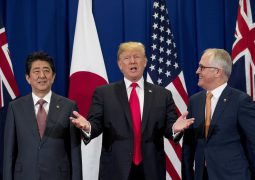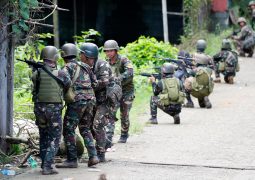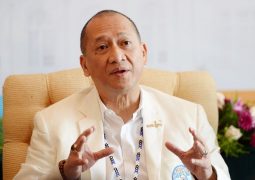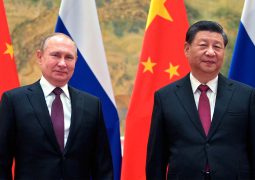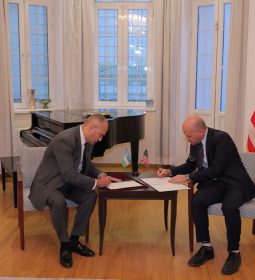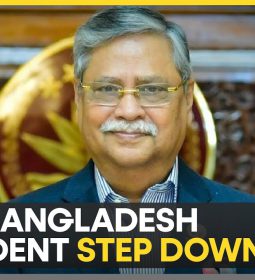Tokyo to revise Japan’s pacifist charter
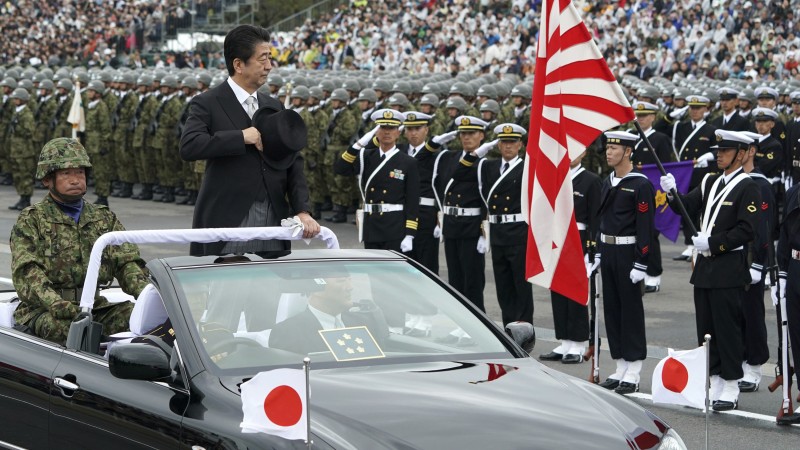
Abe’s mission unaccomplished: pushing to revise Japan’s pacifist charter
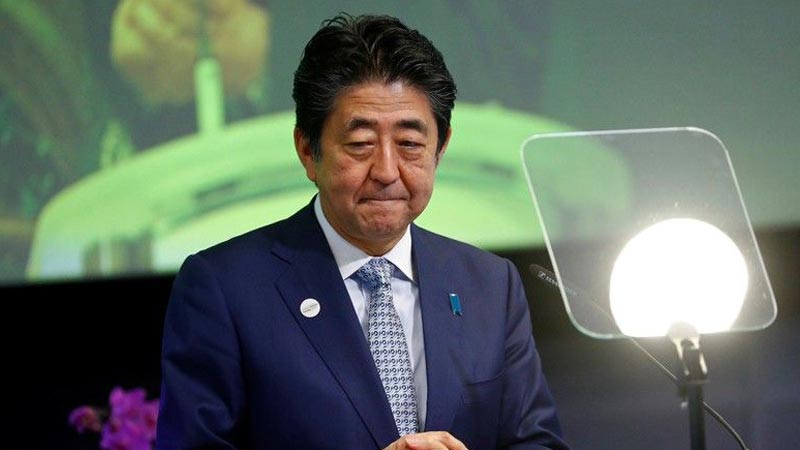 Prime Minister Shinzo Abe surged back to power seven years ago, pledging to bolster Japan’s defences in response to a growing threat from China and aiming to amend the pacifist constitution.
Prime Minister Shinzo Abe surged back to power seven years ago, pledging to bolster Japan’s defences in response to a growing threat from China and aiming to amend the pacifist constitution.
Now on track to become Japan’s longest serving premier, Abe has kept his first promise. The second remains elusive.
Trump has even suggested changing the two-way security pact that underpins the alliance, at a time when China is flexing its military muscle in the region and North Korea is pursuing nuclear and missile programmes.
During Abe’s watch, Japan has boosted defence spending by 10% after years of decline, expanding the military’s ability to project power abroad. In a historic shift in 2014, his government reinterpreted the constitution to allow Japanese troops to fight overseas for the first time since World War Two.
But the conservative leader’s inability to cement his legacy by revising the charter’s pacifist Article 9 symbolises persistent public wariness about putting troops in harm’s way far from home and a fear of entanglement in US-led wars.
“For the Japanese people, Article 9 is a kind of Bible,” Hajime Funada, a ruling Liberal Democratic Party lawmaker and former head of a panel on revising the charter, told Reuters.
Japan’s US-drafted constitution is seen by conservatives as a humiliating symbol of defeat but by others as a brake on entanglement in foreign conflicts.
For both sides, a revision would be hugely symbolic.
According to a survey by NHK TV this week, voters gave the highest marks to Abe’s security and diplomacy policies. But an Asahi newspaper survey earlier this year showed 64% opposed revising Article 9 while 28% favoured amendment.
Any constitutional amendment requires approval by two-thirds of both houses of parliament and a majority in a national referendum.
Abe, who quit in 2007 after a troubled one-year term, returned to office in December 2012. On Nov. 20, he will exceed the record 2,886 days in office set by Taro Katsura in the early 20th century.
Abe’s term as LDP leader ends in September 2021 and unless party rules are revised, that would spell the end of his tenure.
Power Projection, Public Opinion
A five-year defence programme unveiled last year allocates 25.5 trillion yen ($233.7 billion) in spending, a 6.4% rise over the previous five years, and includes refitting two warships as Japan’s first aircraft carriers since World War Two, a step toward a full-fledged blue-water navy.
A year after the cabinet reinterpreted the constitution, parliament enacted laws that ended a ban on exercising the right of collective self-defence, or defending a friendly country under attack, if Japan’s survival is threatened.
Such steps have further pushed the limits of Article 9, which, if taken literally, bans the maintenance of a standing military but has been stretched by previous administrations to allow armed forces for self-defence.
“There is not much left of the post-war constraints,” said Richard Samuels, director of the Center for International Studies at the Massachusetts Institute of Technology. “It was under his (Abe’s) administration where the fastest progress was achieved to get more distance from Article 9.”
- Previous Afghan Capital’s Air Pollution May Be Even Deadlier Than War
- Next Nagasaki remembered: Pope condemns ‘unspeakable horror’ of nuclear weapons at Nagasaki
You may also like...
Recent Posts
- Japan to install Yonaguni missiles near Taiwan
- View from Western Turkistan: Turkic states at crossroads of US-China rivalry
- Istanbul Şehzade Mosque – the never shading marvel of imperial design
- Syria tries to cooperate with Central Asia
- PM Modi speaks at Israeli Knesset: Netanyahu touched and and has wet eyes
- MALAYSIA: High Court dismisses administrators’ objection in RM1.6bil Genting estate dispute
- JAPAN: China is masking drone flights in potential Taiwan rehearsal
- PM Anwar: World leaders must restore political sanity
- Wazir Khan Mosque showcases Mughal architecture in Lahore
- Mihrimah Sultan Ottoman Mosque in Istanbul reflections
Random news
Views
- North Korea’s New Intermediate-Range Ballistic Missile, the Hwasong-12: First Takeaways - 989 views
- Chinese military base in Djibouti necessary to protect key trade routes linking Asia, Africa, the Middle East and Europe - 985 views
- OIC, 57-nation Islamic body calls US travel ban a ‘grave concern’ - 712 views
- Goods from China start to be shipped by train to Europe: Luxembourg-Chengdu freight train route launched - 681 views
- Kyrgyzstan actively working on start of construction of China—Kyrgyzstan—Uzbekistan railroad - 593 views
- Iran tested medium-range ballistic missile - 556 views
- Why Indians want to have white skin?! Pakistani authors thoughts. Article: The complexion of a new culture - 555 views
- China: Philippines can’t claim Benham Rise - 539 views
- Gabbard allies rush to her defense after Assad meeting - 517 views
- America’s $1.1 Trillion National Security Budget - 339 views
About us

Our Newly established Center for study of Asian Affairs has
branches in Indonesia, Malaysia and Singapore, as well as freelances in some other countries.
For inquires, please contact: newsofasia.info@yahoo.com Mr.Mohd Zarif - Secretary of the Center and administer of the web-site www.newsofasia.net



